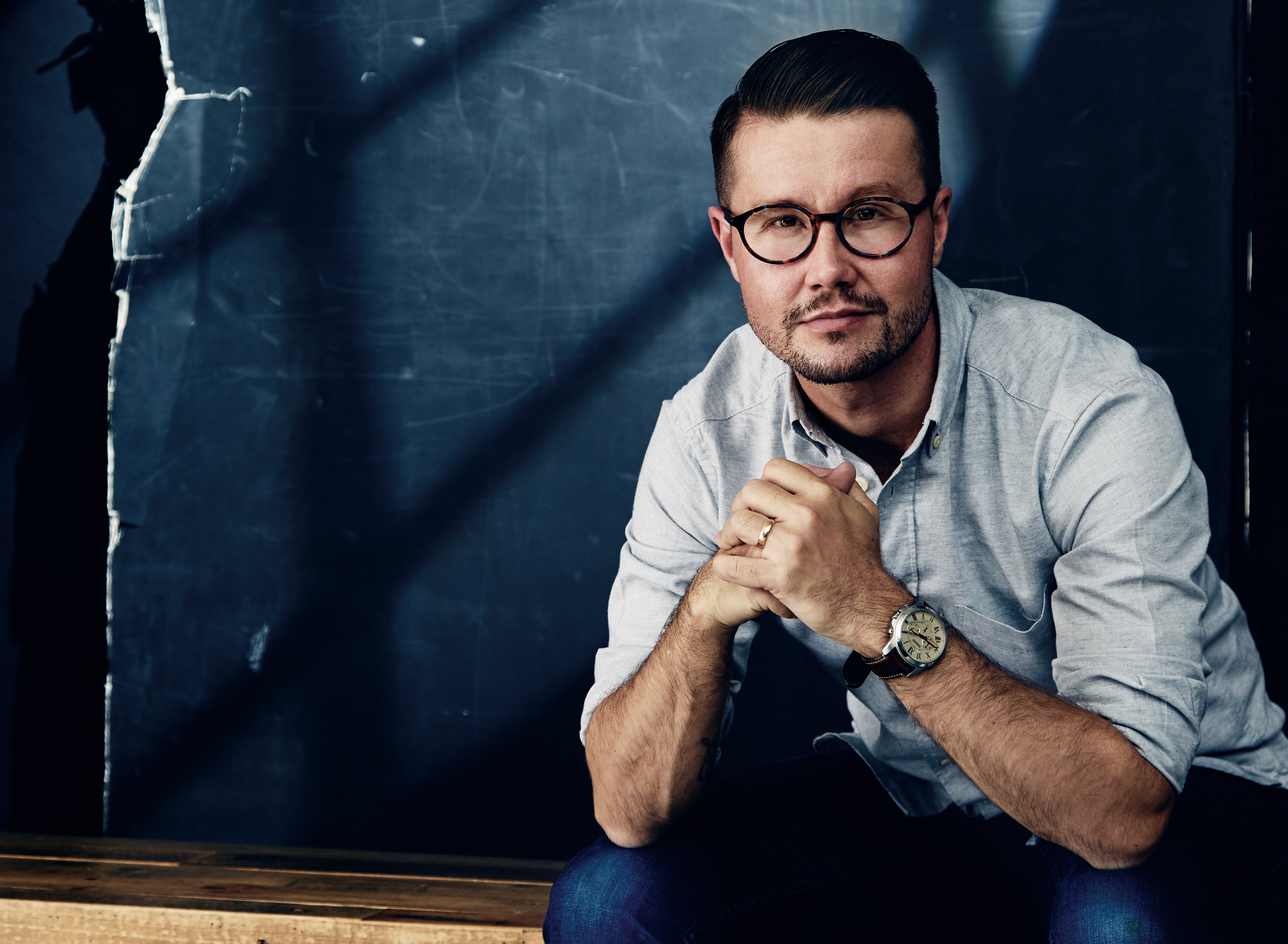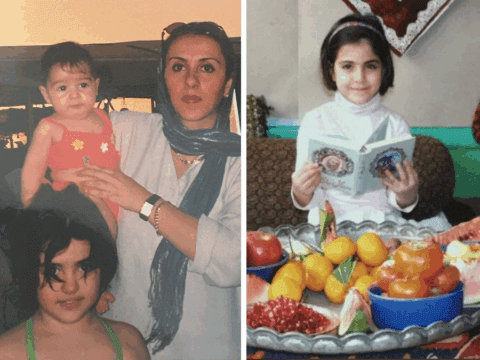Alex Abramovich is an independent scientist at the Institute for Mental Health Policy Research, Centre for Addiction and Mental Health (CAMH), and an assistant professor at the Dalla Lana School of Public Health, University of Toronto. He has been making waves in Canada for 10 years as one of the only researchers tackling the issue of homelessness among LGBTQ2 youth. An estimated 40 percent of young people who sleep on the street every night identify as LGBTQ2. Thanks to Abramovich’s tireless work, much-needed change is starting to happen. He spoke with Amy van den Berg.
Why did you choose to do this research?
You may unsubscribe from any of our newsletters at any time.
I’ve always been interested in how some people have a home and others don’t. I am also queer and trans, and I had a difficult coming out experience. I came to understand how connected those experiences are to homelessness if you don’t have a lot of support.
Tell me about the young people you’ve met who have inspired you.
I’ve talked to a lot of young people over the course of 10 years now and I continue to work with some of the most marginalized young people in our city and in our country. They are extremely resilient. I feel inspired by the young people I work with; they make me work harder to make change and produce knowledge.
What was the situation like for LGBTQ2 youth in Canada when you began your research?
There was no media attention on this issue at all and very few people would agree to speak with me about this problem. I tried to interview service providers and frontline workers and there was just a lot of resistance.
It was tough because there wasn’t a whole lot of research on this specific issue, so I didn’t have a lot to work with. But things have changed over the years and today there is a lot more attention.
If we don’t make LGBTQ populations a priority, then we will not end homelessness.
What is your biggest achievement?
It’s difficult for me to answer that because I don’t like to take all the credit. I call myself a community-based, action-oriented researcher. Everything I do is very much focused on the young people I work with and their voices are at the centre of my work, so I try to produce knowledge in such a way that consistently involves them.
Oftentimes in research, you find that those who participate are referred to as “the subjects,” and are rarely given any credit for being knowledge producers, being people who are experts. I would say that the young people I work with are the experts of their experiences, so because of them, because so many youth have agreed to speak with me and share their experiences, we’ve been able to move this issue forward.
When I started doing this research, I had a really hard time getting government officials to speak with me and to sit down and listen to some of the findings of the work. But now things have started to shift in such a way that I started to get invited a lot of these meetings that involve key decision-makers and government officials, and that, for me, was a huge accomplishment.
Another was the opening of YMCA Sprott House in Toronto, which is Canada’s first LGBTQ transitional housing program, and then being able to work with the City of Toronto to understand this problem, was huge.
The last thing I’m going to mention is the actions by the Alberta government. I worked with them to develop a provincial strategy on addressing LGBTQ youth homelessness. That has been a major accomplishment because that is currently the only provincial strategy that we have in Canada focused on this issue.
What barriers have you encountered along the way?
Barriers and feeling discouraged have been a large part of my work, especially when I first started doing this. It was difficult, because in order for me to collect data or understand these problems, I had to get people to talk to me, and if people don’t want to speak with you, then how are you going to do anything?
It was always important to not only interview young people and to really understand their experiences and hear their perspectives, but to also interview the people who work in the shelters and different programs. At the beginning, there was a lot of resistance and a lot of shelters did not agree to take part in my research.
What is it like now?
It’s much better, but even after all these years, I feel that people still don’t understand the severity of these problems and why we have to prioritize LGBTQ youth.
What’s next?
I think we need to start by respecting people and their identities. When we’re trying to figure out who is experiencing homelessness, we have to ask how people identify. Simply, if we do not ask inclusive questions, we will not collect accurate data. If we don’t make LGBTQ populations a priority, then we will not end homelessness.
At the moment, we only respond to this issue in urban areas and that’s it, but LGBTQ youth exist everywhere in every province, and in every part of the country. We really have to start creating prevention plans and strategies to address this problem in rural areas across Canada.
This interview first appeared in the May 2019 issue of Broadview with the title “Alex Abramovich.”
For more of Broadview‘s award-winning content, subscribe to the magazine today.
















Almost all homeless teens are from abusive or neglecting homes – for whatever reason. I get most parents will not understand or tolerate why their children have “come out of the closet” – right or wrong it will be a fact of today’s society at least.
But teen homelessness is not exclusive to LGBTQ, which seems to be presented here. Also presented is the we/them (gay/straight) thought, which is within a we/them (homeless teens/stigmatic) culture. Your trying to “fix” a situation for 40% of a situation – you’ll still have 60% homeless. Focus on the main issue – teen homelessness and the reasons why.